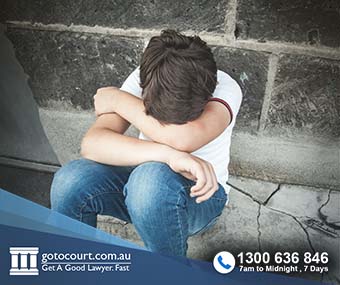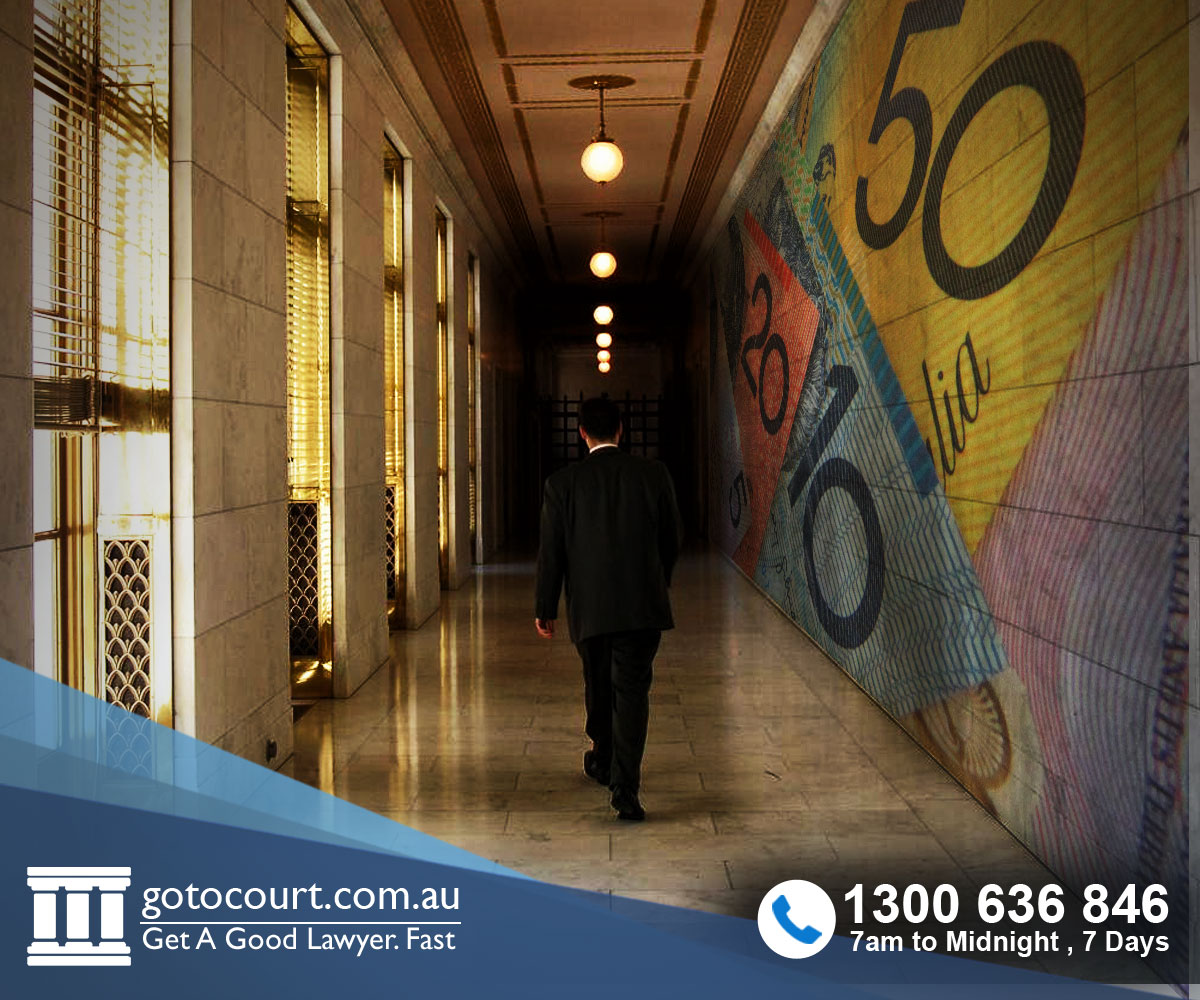Youth Detention (NSW)
New South Wales has six youth detention centres, known as Youth Justice Centres, which accommodate young people who have been refused bail or sentenced to detention. In the second quarter of 2019, there were 8,837 young people serving sentences in detention in NSW. There were 4,566 young people being held in youth detention on remand.
The Children (Detention Centres) Act 1987, sets out procedures for young people being held in detention centres and how they are to be treated in detention.
Age of criminal liability
In New South Wales, as in every other Australian jurisdiction, the age of criminal liability is 10. This means that children younger than ten cannot be charged with an offence. If a child below the age of ten does something that would be an offence if an older person did it, it must be dealt with through other means, such as counselling or parental discipline.
There has long been controversy surrounding the issue of whether the age of criminal liability is too low. Human rights advocates say the low age leads to disadvantaged children being criminalised unnecessarily, with serious implications for their later lives. Conservatives argue that children commit serious crimes and need to be brought to justice.
Which court?
Children between the ages of 10 and 18 can be charged with offences and when this occurs, the matter is generally dealt with by the Children’s Court. If the charges are serious indictable offences, the matter will proceed to a committal hearing and subsequently to a higher court to be finalised.
Alternatives to youth detention
The courts must sentence a young offender to a period of detention only if no other sentence is appropriate in the circumstances. This is because it is well established that rehabilitation is the paramount consideration when sentencing a young offender. Non-custodial sentences for juveniles include Good Behaviour Bonds, fines and community-based orders.
Offenders under 21
Section 19 of the Children (Criminal Proceedings) Act 1987 allows NSW courts that are sentencing a person aged under 21 to order that all or part of the sentence be served as a juvenile. If the person is aged over 18 but under 21, this may be done where there are special circumstances that justify their detention as a juvenile offender. This may be because the person is vulnerable because of illness or disability, that the only programs suited to their needs are those available in youth detention or that there would be an unacceptable risk to them if they were placed in adult prison.
Bail or remand?
A young person charged with an offence can be granted bail by the police. If the police refuse bail, the young person must be brought before a court as soon as possible. This generally means being held in the police cells until the next business day. If the court grants the young person bail, they are released on a conditional basis, until their matter comes back before the court. If they are refused bail, they are held in a youth detention centre until their matter is finalised (or until they are granted bail).
Bail will generally be granted where the young person is not considered a risk to the community and where there is confidence that they will attend court when required to do so. Bail can be granted with additional conditions such as a curfew, or a requirement that the young person attend school or abstain from alcohol.
Section 28 of the Bail Act 2013 allows the court to impose an accommodation requirement if the person being granted bail is a child. This means that suitable arrangements must be made for the person’s accommodation before they can be granted bail. In practice, this provision often means that homeless young people are denied bail because they lack suitable accommodation. This provision and its discriminatory effect have attracted criticism in recent months.
Parole
As with adults, when a young person is sentenced to a period of youth detention, the court may impose a non-parole period. When a young person who has had a non-parole period imposed becomes eligible for parole, they can apply to the Parole Authority. The Parole Authority will decide whether the offender can safely be released into the community. If parole is granted, supervision and conditions appropriate to the offender’s circumstances will be imposed.
Convention on the Rights of the Child
Australia is a signatory to the Convention on the Rights of the Child (CROC). Article 37 of the CROC provides that any child deprived of their liberty must be treated with respect and in a way that is consistent with the needs of persons of their age and that children who are detained must be held separately from adult prisoners. It also provides that children who are detained must have access to prompt legal and other assistance.
If you require legal advice or representation in a criminal law matter or in any other legal matter, please contact Go To Court Lawyers.






